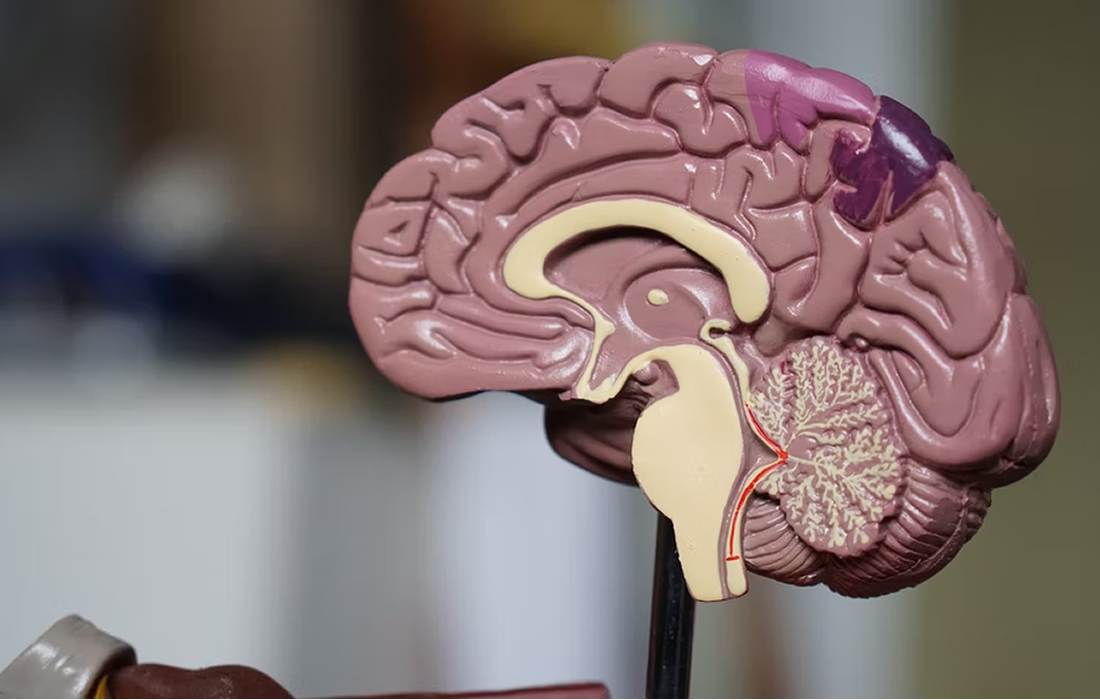Regenerative Medicine News and General Information
Women Have More Brain Changes After Menopause According to New Study
Women who have gone through menopause may have increased white matter hyperintensities than premenopausal women or men of the same age, accoring to the findings of a new study published in the journal Neurology, the medical journal of the American Academy of Neurology.
There is evidence that suggests that there are sex differences in these white matter hyperintensity burden in the elderly. The aim of the researchers was to investigate the sex differences and age-dependencies in these hyperinstensities across the adult life span, and also the effect of menopause.
White matter hyperintensities are tiny lesions visible on brain scans that are more common with age or with uncontrolled high blood pressure. They have been linked to an increased risk of stroke, Alzheimer’s disease and cognitive decline.
Postmenopausal Women Increased Risk of Neurological Conditions
For the study, the team performed a cross-sectional analysis on participants of the population-based Rhineland Study who underwent brain MRIs. The study included a total of 3,410 participants, 1,973 of which were women (57.9%), 1,167 of them postmenopausal. Also, 35% of the participants had high blood pressure, half of them uncontrolled high blood pressure.
After evaluating the MRI scans the team found that postmenopausal women had more hyperintensities when compared to men of similar age, and also found that these biomarkers increase accelerated with age and at a faster rate in women than in men.
Hormone Therapy Had no Protective Effect
Researchers also found that postmenopausal women had more white matter hyperintensities than premenopausal women of similar age. It is important to notice that there was no significant difference between postmenopausal and premenopausal women using hormone therapy, suggesting that it may not have a protective effect on the brain.
According to the researchers, the study results also demonstrated a necessity to account for different health trajectories in men and women, and menopausal status.
Source:
American Academy of Neurology. “Study finds women have more brain changes after menopause.” ScienceDaily. ScienceDaily, 29 June 2022. <www.sciencedaily.com/releases/2022/06/220629160922.htm>.
Valerie Lohner, Gökhan Pehlivan, Gerard Sanroma, Anne Miloschewski, Markus D. Schirmer, Tony Stöcker, Martin Reuter, Monique M. B. Breteler. The Relation Between Sex, Menopause, and White Matter Hyperintensities: The Rhineland Study. Neurology, 2022; 10.1212/WNL.0000000000200782 DOI: 10.1212/WNL.0000000000200782
Image from:
Photo by Robina Weermeijer on Unsplash

